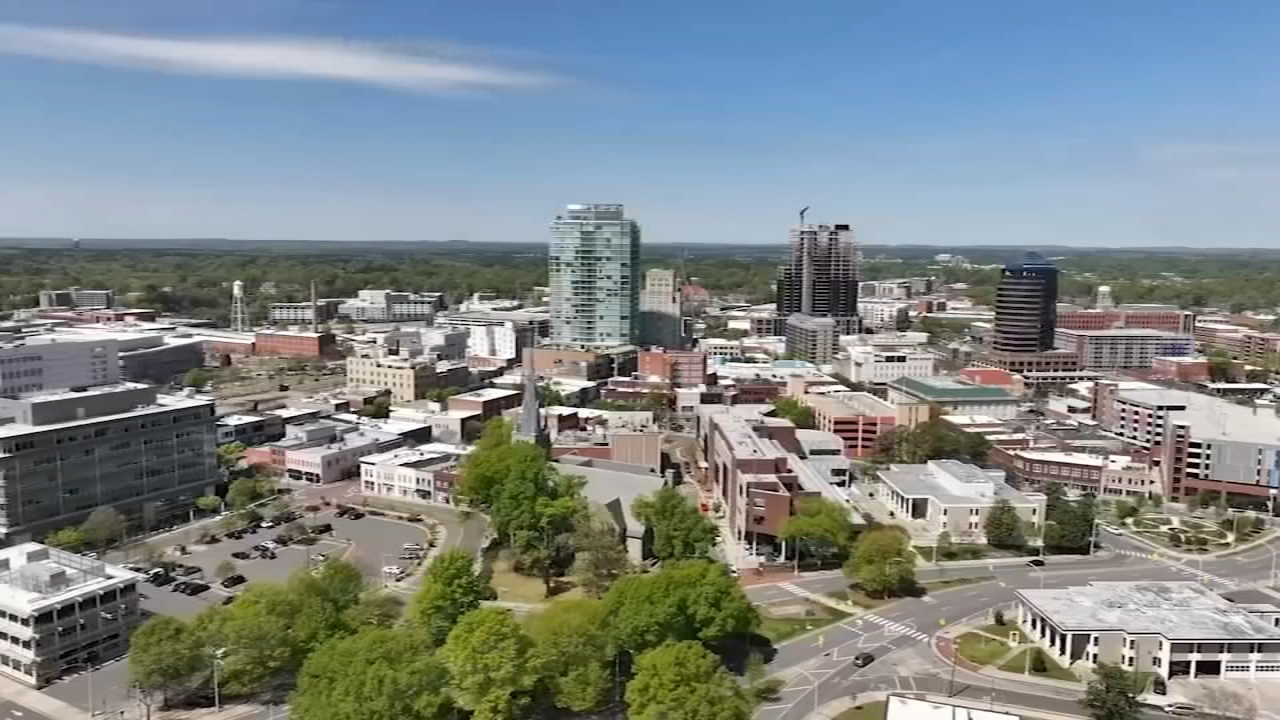Congress approves permanent multi-million dollar funding program for minority-serving schools
DURHAM, N.C. (WTVD) -- This is a big week for students at Historically Black Colleges and Universities and for students who will attend in the future.
Congress just passed a measure to fund them permanently.
The action comes shortly after many HBCUs were at risk of losing millions of dollars after Congress blocked the Future Act funding program.
RELATED: North Carolina's Historically Black Colleges at risk of losing federal funding
Each of North Carolina's 10 HBCUs will get a piece of the funding program which will set aside $85 million each year.
The legislation will also give $100 million per year to Hispanic-serving institutions, $30 million for tribal schools and $40 million for other minority-serving schools.
The Future Act will also simplify applying for federal financial aid; those simplifications are supposed to help pay for these funding changes.
ABC11 reached out to several HBCUs in our area to learn how they plan to use the money:
North Carolina A&T State University:
NC A&T State University, the largest HBCU in the country, wants to expand its Ph.D. and Engineering program to accommodate more students.
The university plans to use the money on building improvements and new equipment.
A&T's 5-year goal is to have a total of 50 graduates per year in its nine Ph.D. programs, according to Ray Trapp, the university's Director of External Affairs.
Fayetteville State University:
The university's interim chancellor Peggy Valentine says it will use the permanent funding stream to improve its infrastructure and facilities.
In aims to create programs to help students find jobs, FSU plans to expand its healthcare programs to include a graduate degree in Nursing; Valentine says that 42 percent of the City of Fayetteville's employment base is in the field of healthcare.
Valentine says another 25 percent of FSU students are military.
FSU also wants to look into e-sports or electronic gaming programs.




